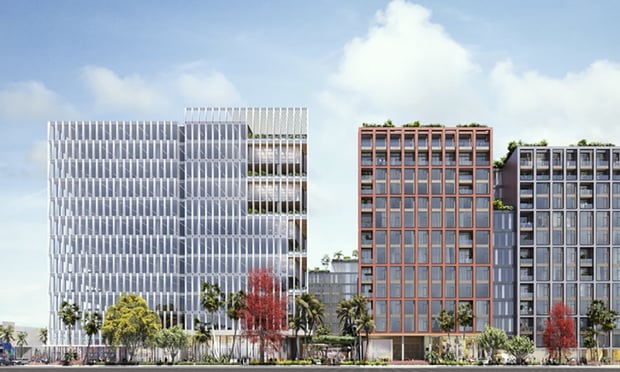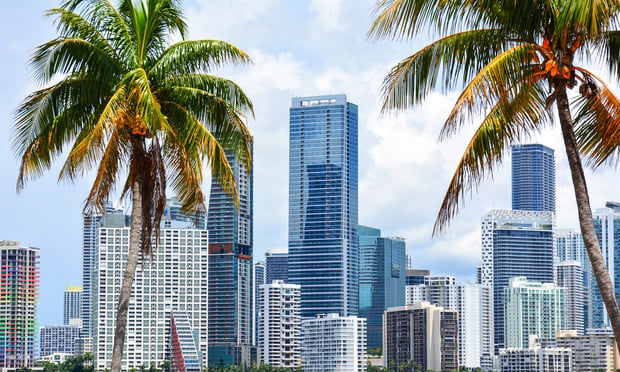Even though per-sf prices are falling in several categories, owners of trophy and steady-producing properties are holding firm on asking prices, waiting and watching to see how the economy turns over the next 90 days.
In Orlando for the first nine months of the year, for example, $77 million worth of deasl were done at an average price of $85 per sf compared to $215 million worth of transactions averaging $119 per sf in all of 2000, according to CB Richard Ellis Inc.
In 1999, the last big investment sales year in metro Orlando, sales totaled $427 million with an average asking price of $102 per sf. In 1998, an even higher average per-sf price of $106 was generated on total transactions valued at $360 million.
Recommended For You
Want to continue reading?
Become a Free ALM Digital Reader.
Once you are an ALM Digital Member, you’ll receive:
- Breaking commercial real estate news and analysis, on-site and via our newsletters and custom alerts
- Educational webcasts, white papers, and ebooks from industry thought leaders
- Critical coverage of the property casualty insurance and financial advisory markets on our other ALM sites, PropertyCasualty360 and ThinkAdvisor
Already have an account? Sign In Now
*May exclude premium content© 2025 ALM Global, LLC, All Rights Reserved. Request academic re-use from www.copyright.com. All other uses, submit a request to [email protected]. For more information visit Asset & Logo Licensing.








